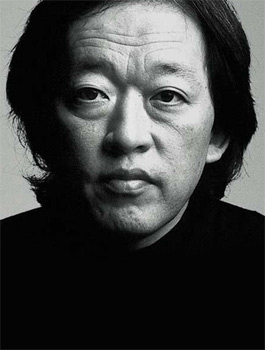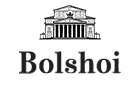
Biography
Born in South Korea, he began his musical career as a pianist at 7, and at 21 won the second prize at the Tchaikovsky Piano Competition in Moscow. Studied music at the Mannes School and Juilliard School in New York, and in 1979 was appointed Carlo Maria Giulini’s assistant at the Los Angeles Philharmonic and became Associate Conductor in 1981.He was Music Director of the Saarbrücken Radio Symphony Orchestra from 1984 to 1990, Principal Guest Conductor of the Teatro Comunale of Florence from 1987 to 1992, Music Director of the Opéra de Paris-Bastille from 1989 to 1994, and the Principal Conductor of the Santa Cecilia Orchestra in Rome from 1997 to 2005.
In 1995 he founded Asia Philarmonic Orchestra, a constellation of the best musicians from 8 Asian countries.
In 2005 he was appointed the Musical Director of the Seoul Philharmonic Orchestra, and in 2011 became the Principal Guest Conductor of the Dresden Staatskapelle.
From 2000 to 2015 he was the Musical Director of the Orchestre Philharmonique de Radio France. He conducted the most prominents orchestras of the world, including the Berlin Philharmonic, Vienna Philharmonic, the Royal Concertgebouw Orchestra, as well as all the major London and Parisian orchestras, Filarmonica della Scala, the Bayerische Rundfunk, Boston Symphony, Chicago Symphony, the Metropolitan Opera Orchestra, the New York Philharmonic, Philadelphia Orchestra and Cleveland Orchestra.
His numerous award-winning recordings include Messiaen's Turangalîla Symphony, Shostakovich’s Lady Macbeth of Mtsensk, as well as Mahler’s Symphony No. 2, and a disc of Beethoven’s symphonies.
He won the Abbiati prize and the Arturo Toscanini prize in Italy; in 1991 the Association of French Theatres and Music Critics named him the Artist of the Year, and in 1992 he received the knightship of the Legion of Honour.
In 1995 and 2002 he won the Victoire de la Musique prize. In 2011 he was named a Commander of the Order of Arts and Letters by the French government.
In July 2013 he received the Keys to the City of Venice for his work at the Teatro La Fenice, and the house gave him its Life in Music award.
In 2015 the Association of the Italian Music Critics gave him the Abbiati prize for conducting Verdi’s Simon Boccanegra at the Teatro La Fenice and for his work with the Santa Cecilia Orchestra and Filarmonica alla Scala.
Alongside his musical career he devotes an important part of his life to the promotion of classical music among the young generations, and environmental protection. He is the Ambassador for the Drug Control Program at the United Nations (UNDCP).
In 1995 he was named the Man of the year by UNESCO, and the following year he received Kumkuan, the highest cultural award of the Korean government, for his contribution to Korean musical life. He serves as Honorary Cultural Ambassador for Korea, the first in the Korean government’s history.
In 2007 he became the UNICEF Ambassador with the Orchestre Philharmonique de Radio France, and in 2008 he was designated the Goodwill Ambassador for the UNICEF for his work with children.
In 2012 he became the first conductor in history to unite the Unhasu Orchestra and the Orchestre Philharmonique de Radio France at Salle Pleyel in Paris. Honorary conductor of the Tokyo Philharmonic since 2016.



